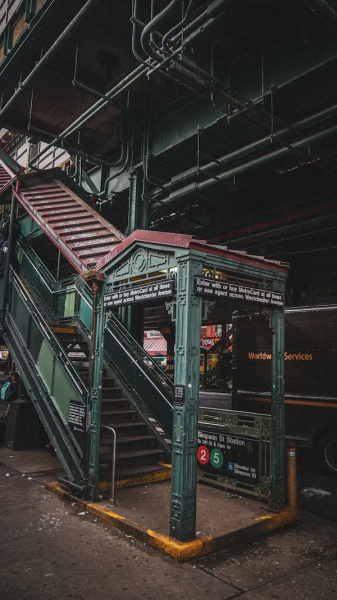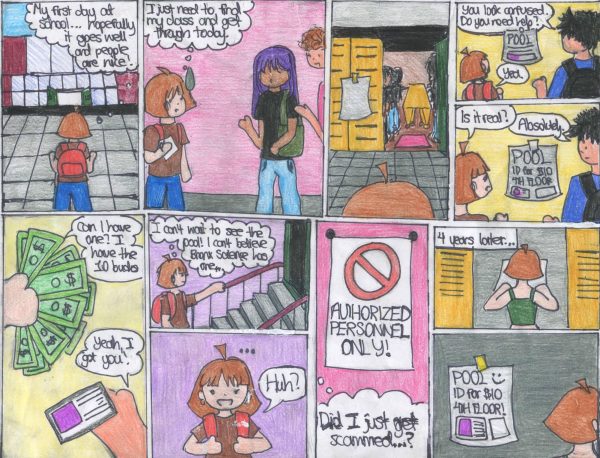Is Gentrification Getting Rid of Chopped Cheese and Dumplings?
Subah Patwari ’20 shares her thoughts on the gentrification in her neighborhood.
The little things in life are what help us get by: the dumplings from the Chinese shop down the block, the bacon, egg, and cheese we grab every morning on our way to school, or even the chopped cheese we have for lunch. This is the new side of gentrification: “Christopher Columbus Syndrome.” It has been used to describe when wealthy newcomers in a neighborhood claim it as their own, rewriting the characteristics of that area making it to be perceived as more valuable than before. The term insinuates exactly what it refers to; people are “discovering a new world,” whether it be food or a trend.The term can be used when neighborhoods experience an influx of new patrons who then “find” an item unknown to them and claim it as their own.
In 2016, Harlem native Jeffrey Almonte discussed the modern day implications of Columbus Syndrome in an ‘Insider’ review of chopped cheese, entitled ‘New York’s Answer to the Philly Cheesesteak.’ Despite the humorous nature of the video, he makes valid points on the gentrification in New York City. He discusses how “yuppies” (young urban professionals) move into less affluent neighborhoods in New York City because the cost of living there is cheaper. With the massive influx of wealthier patrons, neighboring stores and shops start raising their prices, and suddenly, our daily lunch is something that we can no longer afford. We, the original inhabitants, soon get displaced from our neighborhoods because someone “found” something revolutionary and brought everyone along.
“Now, my community is filled with people who have no regard for the memories and stories created on my block,” said Subah Patwari ’20.
While it is appreciated that more and more people are learning about our favorite places, foods, cultures, it is naive to think that there are no negative side effects. “My grandparents live in Chinatown, and they don’t work. The rising rent prices caused by wealthier people moving into the neighborhood makes it harder for my parents to support them, me, and my sister. It’s also an added nuisance when we want to go to Vanessa’s Dumplings, our favorite food spot, and the prices dramatically increased since the last we went because of the wealthy tourists shopping there,” said Yan Fen (Yanny) Liang ’19.
This is not only about rent prices and the dislocation of impoverished peoples; it is about communities being lost and history being rewritten. “Because of gentrification in my neighborhood, historical establishments are closing down. The deli that I would go to every single day on my way was replaced with a real estate company because of the increase in rent. Now, my community is filled with people who have no regard for the memories and stories created on my block,” said Subah Patwari ’20.
Rahma Tasnim is a Staff Reporter for ‘The Science Survey’ and a Student Life Reporter on ‘The Observatory.’ She tends to write articles that relate...











